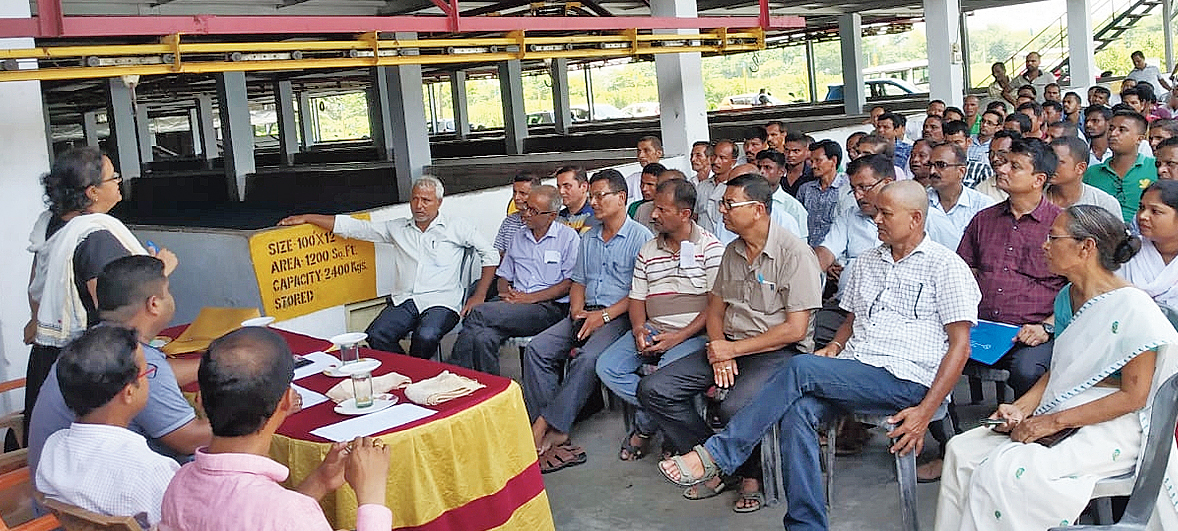The Tea Board of India has issued notices to three factories in Upper Assam’s Golaghat district for procuring poor quality of green leaves.
A surprise check was conducted in the district’s various tea factories recently and it was found that the plants were procuring poor quality of green leaves rampantly in gross violation of the Tea Board’s guidelines.
In one factory, it was found that the authority was not rejecting nor taking any step to curb supply of such leaves.
“Golaghat was once famous for good quality tea but with factories accepting bad quality leaves, the issue became serious,” a Tea Board official said.
“It seems that the factory’s policy is merely on quantity and not quality which is harming the Tea Board’s endeavours to uplift the quality of products,” he added.
The notice said the factory does not have any information from where it sources its green leaves.
“Poor-quality green leaves finally lead to production of poor-quality teas which fetches less price. The tea industry has been expressing concern over slide in tea prices,” the official added.
“Small tea growers often complain about reduced prices of green leaves, especially during the peak season of production. The government undertook various initiatives to ensure that the poor quality tea is restricted from entering the market. The Tea Board has ensured closure of manufacturing units across the Northeast and other tea-growing areas during dormancy period of crop. The Tea Board has recently issued an order, restricting issuance of a no-objection certificate for new factory and capacity expansion of existing factories in designated blocks on the ground that such blocks are saturated in terms of green leaf availability,” the official said.
In another factory, it was found that the unit was carrying out capacity enhancement of their unit by installing additional machineries without obtaining a no-objection certificate from the Tea Board which amounts to gross violation of provision under Paragraph 3A of the Tea (Marketing) Control (Second Amendment) Order, 2015.
“Many tea manufacturing units are desperate to enhance their production capacity. The reason may be availability of buyers for low-priced teas and more profit for such manufacturers,” the official said.
In a tea factory of a big company, it was found that the overall quality of leaves accepted was very poor.
Few of the processing machineries were found to be poorly maintained and cleaning of drains and roofs carried out during processing hours.











